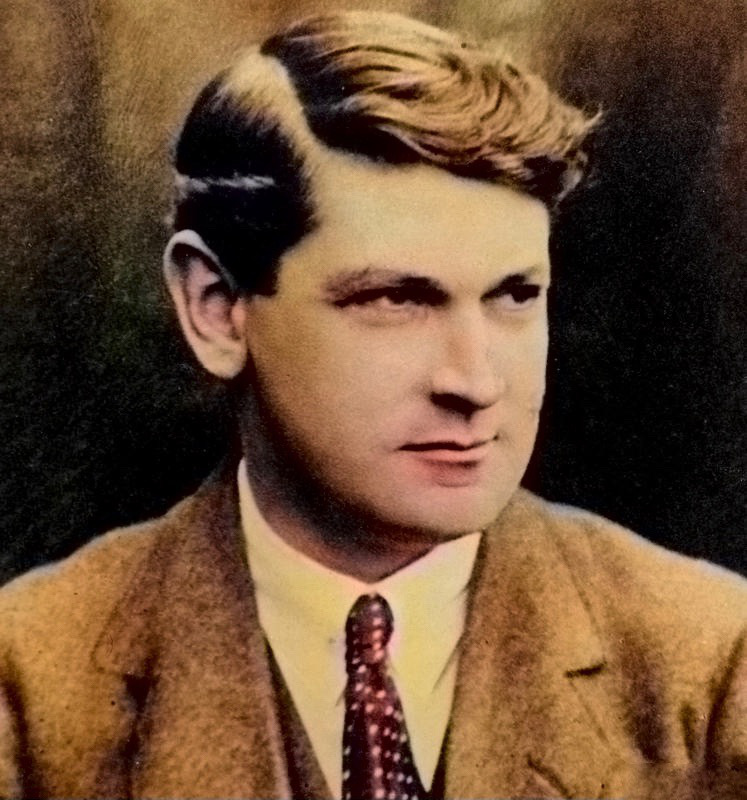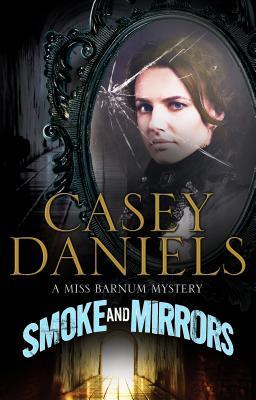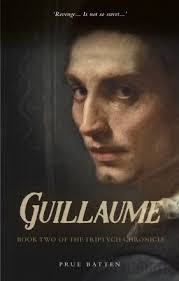“Give us the future, we’ve had enough of your past, give us back our country to live in, to grow in, to love.” –Michael Collins, during the treaty negotiations.
Michael Collins was an Irish revolutionary leader, Minister for Finance in the First Dáil of 1919, Director of Intelligence for the IRA, and member of the Irish delegation during the Anglo-Irish Treaty negotiations. Subsequently he was both Chairman of the Provisional Government and Commander-in-chief of the National Army.
Michael Collins, born at Sam’s Cross near Clonakilty, Co Cork was educated at local primary schools and went to London in 1906 to enter the civil service as a postal clerk. For 10 years Collins lived in London, where he became active in various Irish organisations, such as Sinn Féin, The Gaelic League and the Irish Republican Brotherhood (IRB), a secret society dedicated to the overthrow of British rule in Ireland.
Collins returned to Ireland in 1916 to take part in the Easter Rising and after its suppression was interned at Frongoch internment camp in North Wales with most of the other rebels. When the internees were released in December 1916, he went to Dublin, where his keen intelligence and dynamic energy soon secured him a position of leadership in the reviving revolutionary movement.
After their victory in the general election of December 1918, the revolutionaries established an Irish Parliament, Dáil Éireann, in January 1919. The Dail proclaimed an Irish Republic and set up an executive to take over the government of the country. British attempts to suppress the republican movement were met with guerrilla warfare by the Irish Republican Army (IRA). Collins played the most important role in this struggle. As director of intelligence of the IRA, he crippled the British intelligence system in Ireland and replaced it with an effective Irish network. At the same time he performed other important military functions, headed the IRB, and, as minister of finance in the Republican government, successfully raised and disbursed large sums on behalf of the rebel cause. Despite constant efforts the British were unable to capture Collins or stop his work. The “Big Fellow” became an idolised and near-legendary figure in Ireland and won a formidable reputation in Britain and abroad for ruthlessness, resourcefulness, and daring.
After the truce of July 1921, Collins reluctantly agreed to Éamon de Valera’s request to serve on the peace-making delegation headed by Arthur Griffith. During the autumn negotiations in London, the British government firmly rejected any settlement that involved recognition of the republic. Instead its representatives offered Dominion status for Ireland, with the right of exclusion for loyalist Northern Ireland. Collins decided to accept these terms, in the belief that rejection meant renewal of the war and quick defeat for Ireland and that the proposed treaty would soon lead to unity and complete freedom for his country. Using these arguments, he and Griffith persuaded their fellow delegates to sign the treaty on 6 Dec 1921, and Dáil Éireann to approve it on 7 Jan 1922.
De Valera and many Republicans refused to accept the agreement, however, contending that it constituted a betrayal of the republic and would mean continued subjection to Britain. As the British evacuated southern Ireland, Collins and Griffith did their best to maintain order and implement the treaty but found their efforts frustrated by the opposition of the Treaty. Collins sought desperately to pacify the Anti-Treaty forces without abandoning the treaty but found it impossible to make a workable compromise.
In late June 1922, after the population had endorsed the settlement in an election, Collins agreed to use force against the opposition. This action precipitated civil war, a bitter conflict in which the forces of the infant Irish Free State eventually overcame the extreme Republicans in May 1923. Collins did not live to see the end of the war; he was killed in ambush in West Cork on 22 Aug 1922, just 10 days after the death of Arthur Griffith.
Much of Collins’s success as a revolutionary leader can be ascribed to his realism and extraordinary efficiency, but there was also a marked strain of idealism and humanity in his character which appealed to friend and foe alike. The treaty that cost him his life did not end partition, as he had hoped.
Perhaps the best compliment to Michael Collins, who stated, “early this morning I signed my death warrant” after signing the Treaty, comes from Tom Barry who fought against Collins in the Civil War.
Barry recollected hearing of Collins’ death while imprisoned in Kilmainham Gaol by the government of Michael Collins.
“I saw a most remarkable thing. We heard the hubbub outside, there was about 1,000 of us, prisoners in Kilmainham Gaol. There was about seven or eight hundred men and they were all down on their knees saying the rosary for the repose of the soul of Michael Collins. One time he was their leader against the British, then he was the Commander-in-Chief of the enemy forces.” –Tom Barry






